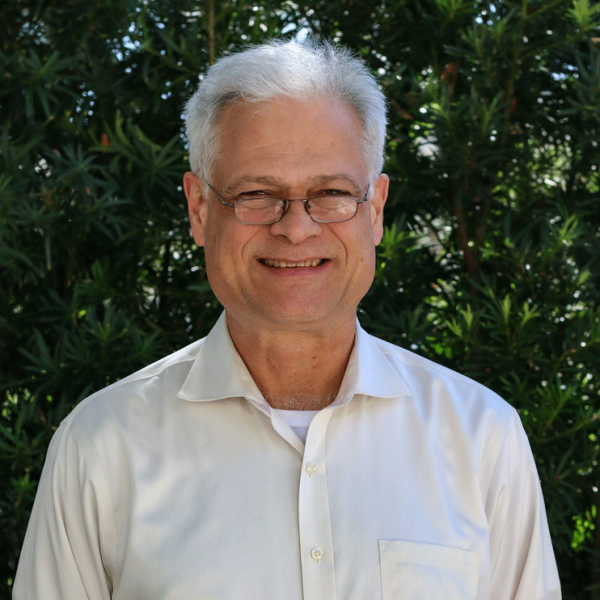Directory

Alan D’Andrea
Director: Center for DNA Damage and Repair | MD | Boston, USA
The D’Andrea Laboratory examines the molecular signaling pathways which regulate the DNA damage response in mammalian cells. Disruption of these pathways, by germline or somatic mutation, leads to genomic instability, cellular sensitivity to ionizing radiation, and defective cell cycle checkpoints and DNA repair. These pathways are often disrupted in cancer cells, accounting for the chromosome instability and increased mutation frequency in human tumors.
The D’Andrea Lab’s primary focus is the molecular pathogenesis of the human chromosome instability syndromes— Fanconi Anemia (FA), Ataxia Telangiectasia (AT), and Bloom’s sydrome (BS). FA is an autosomal recessive cancer susceptibility disorder characterized by developmental defects and increased cellular sensitivity to DNA crosslinking agents. Thirteen FA genes have been cloned, and the encoded FA proteins interact in a novel signaling pathway. Eight FA proteins form a nuclear protein complex required for the monoubiquitination of the D2 protein. Activated D2 is targeted to chromatin where it interacts with the BRCA1 and BRCA2 breast cancer susceptibility gene products. This research program addresses several aspects of this novel signaling pathway including (1) the assembly, transport, and structure of the FA protein complex (2) the enzymatic monoubiquitination and deubiquitination of the D2 protein (3) the function of the chromatin-associated FA complex in cell cycle checkpoints and homologous recombination DNA repair (4) the identification of novel interacting proteins in these complexes.

